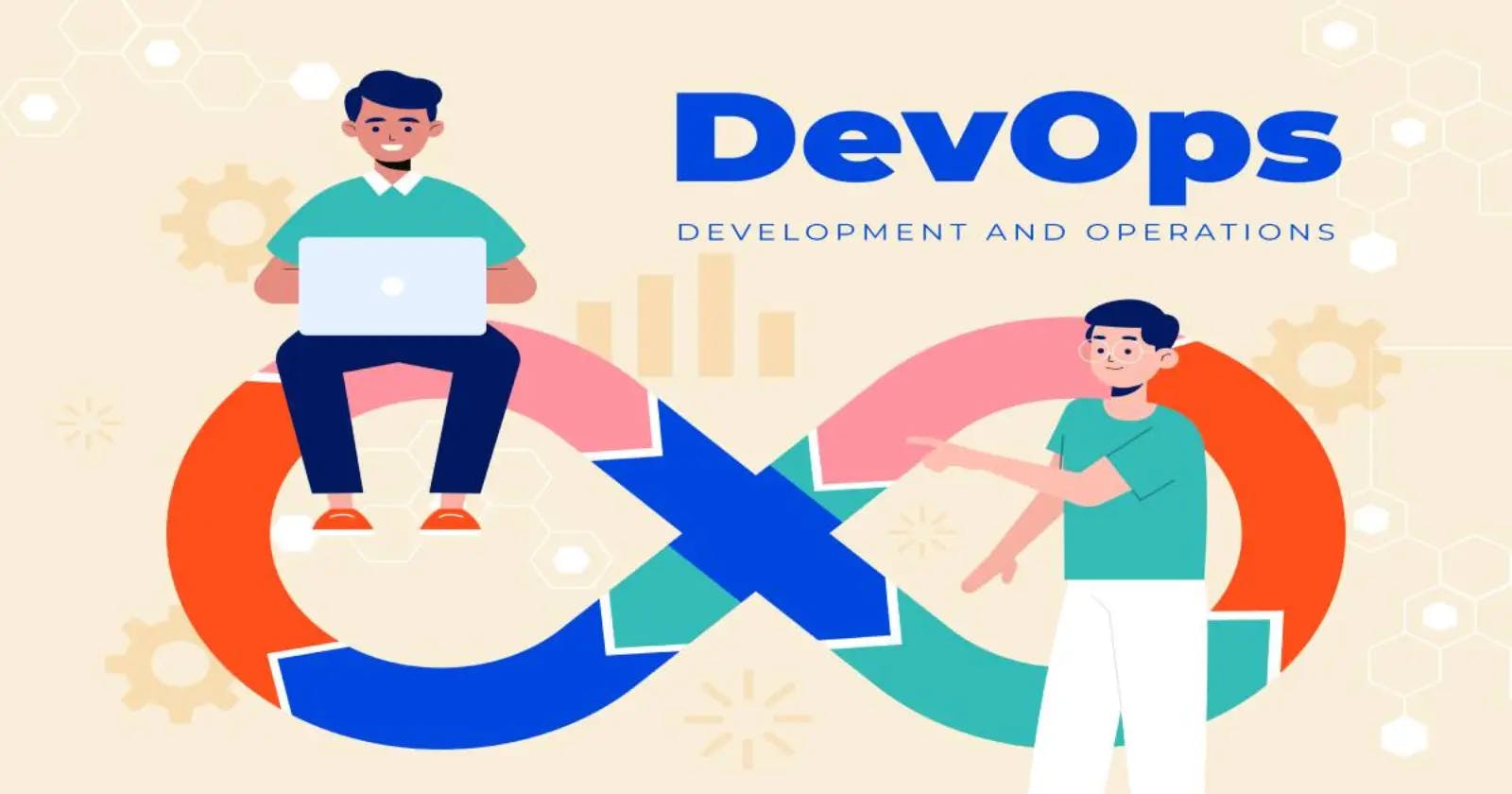Hello and welcome you all to my first blog for #devops
Let's start with What is DevOps?
DevOps is a very powerful 💪 operation where it connects 🔗 two teams, one is Development 👨💻, and another is Operations 🧑💻 with the help of automation build tools which is ultimately reducing 🔻 the time ⌛ consumption and workload from developers as well as from the operation team also speed-up 🚀 the development of the product 🤩.

Sounds great right? Now, Let's see what are Automation, Scaling, and Infrastructure.
What are Automation, Scaling, and Infrastructure in DevOps?
As the word automation says, it automates the tasks which are way back then companies doing manually with traditional software development methods.
Scaling in DevOps can be defined as scaling the resource up or down as per the requirement of the business. Let's take the example of Netflix, Netflix increases the number of its servers at the weekend as there will be more people going to watch Netflix because of the weekend off hence it can handle more server requests and on the weekdays it reduces the number of servers. Now here, Netflix is paying more for servers at the weekend only so it is saving lots and lots of money.
Infrastructure or Infrastructure as code (IaC) is used to define and deploy infrastructure, such as networks, virtual machines, load balancers, and connection topologies.
For DevOps, certain tools are used such as
Linux (for Operating System)
Jenkins (used for ci/cd pipeline)
Docker (used for containerization)
Git (used for source code management)
Kubernetes (used for container orchestration)
Terraform (used for infrastructure-as-code)
Ansible (used for configuration management)
Grafanas (used for monitoring)
Well, these tools do have alternatives however these tools are mentioned here because they are free and most popular.

Why DevOps is Important?
As per Amazon Web Services, DevOps increases an organization’s ability to deliver applications and services at high velocity: evolving and improving products at a faster pace than organizations using traditional software development and infrastructure management processes. This speed enables organizations to better serve their customers and compete more effectively in the market.

There are Benefits of DevOps:
Faster and speedy services
Rapid Delivery
Reliability
Scalability
Improved Collaboration
Higher security
for more details, you can refer to what is DevOps from AWS here.
That's all for today. I will write about all the tools that we have seen above for DevOps. This blog is a part of #90DaysOfDevOps with the #TrainWithShubham Community. Thanks for being till the end of the blog. I hope that this blog helps you in understanding DevOps.
